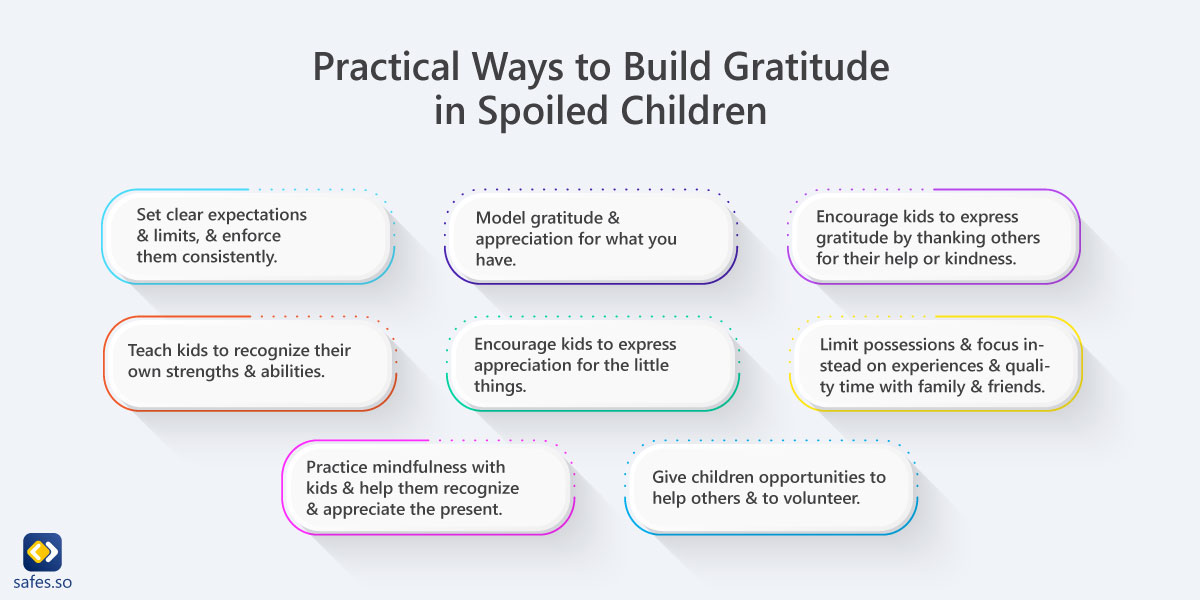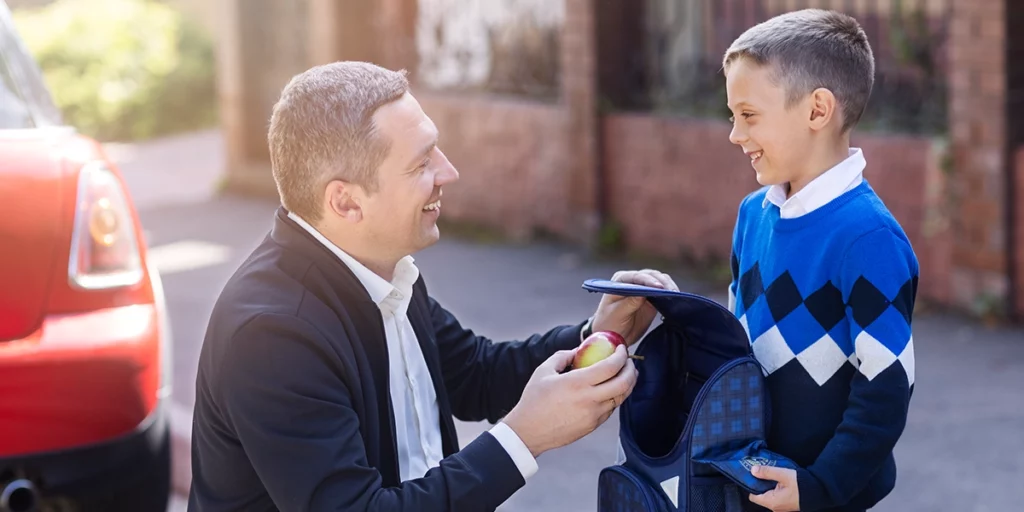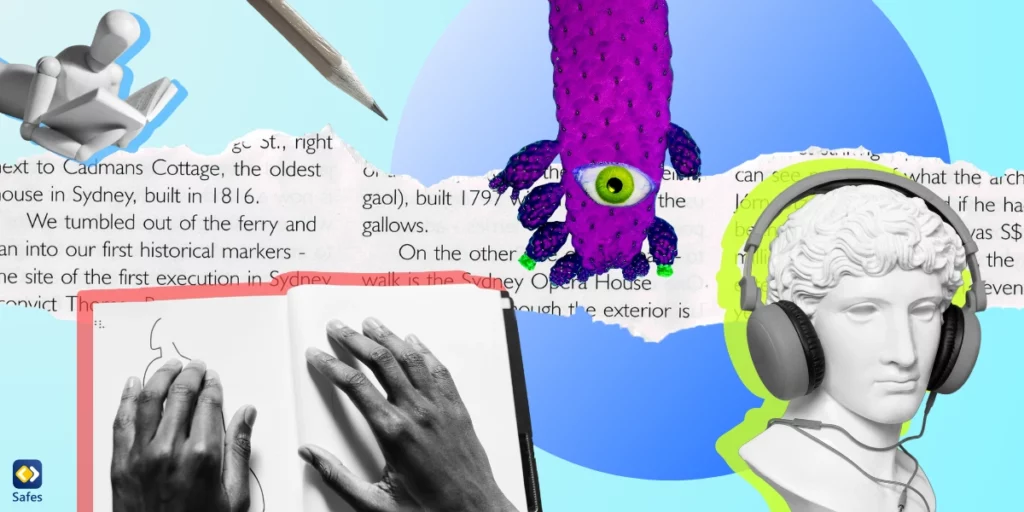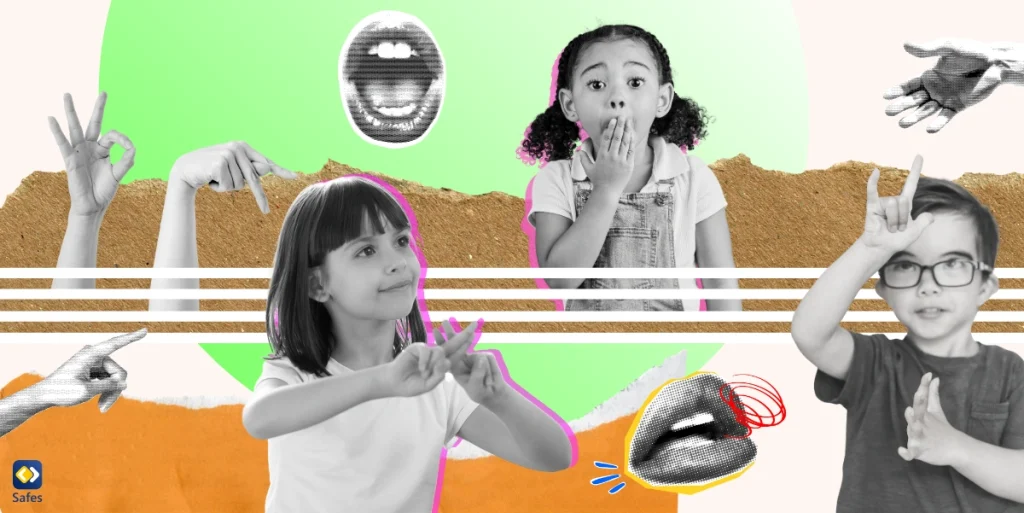Raising grateful children is an important life skill that parents want to teach their children. Teaching children how to appreciate the things they have and feel thankful for what they receive is a valuable lesson. In today’s blog post, we will discuss how to combat spoiled attitudes and how to teach a spoiled child appreciation. We will look at the importance of showing appreciation, how to build an attitude of gratitude, and tips to help parents raise grateful children.
Download and Start Your Free Trial of the Safes Parental Control App
What Does It Mean to Be “Spoiled”?
To be “spoiled” or “entitled” means to have an inflated sense of one’s worth or importance. An entitled person usually expects special treatment or privileges without bringing anything particular to the table. It’s often used to describe children who are given too much without having to work for it and without developing a sense of appreciation or gratitude. A sense of entitlement can lead to negative behavior, such as feeling entitled to something without having to put in the hard work or earn it.
A spoiled behavior in a child can be due to overindulgence from parents or caregivers or being given too many material possessions or special privileges. It can also be caused by a lack of teaching responsibility or not setting or enforcing boundaries.
Negative Effects of Entitled Attitude on Children’s Well-being
The negative effects of entitled or spoiled attitudes on children’s well-being include difficulty forming relationships, lack of empathy or respect for others, low self-esteem, difficulty with problem-solving, and difficulty achieving long-term goals. Entitlement can also lead to feelings of frustration and anger and can have a negative impact on children’s mental health.

Why Should We Teach Gratitude to Children?
Gratitude is vital for children because it helps them develop positive attitudes toward themselves and others, strengthens their relationships, and encourages resilience. Gratitude allows children to appreciate what they have and to recognize the good in life. It can help children be more mindful and to enjoy the present moment. Gratitude also allows children to develop social skills such as empathy and respect for others. Finally, gratitude can help children to recognize and express their emotions in a healthy way.
There are research studies that demonstrate the importance of gratitude in children, including:
- “Gratitude in Children: A Review of the Developmental Psychology Literature” by the University of California, Riverside, found that children who expressed gratitude had higher self-esteem, better relationships with others, and higher levels of psychological well-being.
- “Gratitude in Children: An Experimental Look at the Effects of Gratitude Interventions” by the University of California, Davis, found that gratitude interventions in children improved outlook, resilience, and empathy.
- “Gratitude and Academic Performance in Children” by the University of Pennsylvania found that gratitude interventions in children had a positive impact on academic performance.
- “Gratitude Interventions for Children: A Systematic Review” by the University of California, Los Angeles, found that gratitude interventions in children improved social-emotional functioning.
Practical Ways to Build Gratitude in Spoiled Children
Setting clear expectations and limits and enforcing them consistently is an essential first step when teaching gratitude to spoiled or ungrateful children. By providing consistent boundaries, parents can help children understand what is expected of them and recognize the consequences of their choices. At the same time, parents should also model gratitude and appreciation for what they have and what they’ve been given.
Parents can encourage children to express gratitude by thanking others for their help or kindness and by teaching children to recognize their own strengths and abilities. Parents can also encourage children to express appreciation for the little things and limit material possessions, focusing instead on experiences and quality time spent with family and friends.
Practicing mindfulness with children can help them recognize and appreciate the present moment. Giving children opportunities to help others and volunteer can help them develop a sense of empathy and appreciation for others.
Tips to Overcome Challenges
Common challenges parents may face in teaching gratitude to spoiled children include difficulty setting limits and expectations, modeling gratitude, and getting children to express gratitude. To overcome these challenges when dealing with a spoiled toddler, keep these tips in mind:
- Set clear expectations and limits, and enforce them consistently.
- Model gratitude and appreciation for what you have.
- Encourage children to express gratitude by thanking others for their help or kindness.
- Teach children to recognize their own strengths and abilities.
- Encourage children to express appreciation for the little things.
- Limit material possessions and focus instead on experiences and quality time spent with family and friends.
- Practice mindfulness with children and help them recognize and appreciate the present moment.
- Give children opportunities to help others and to volunteer.

How Can Safes Help Parents Teach Proper Attitude to Children?
Sometimes children learn ungratefulness from the wrong role models they find online, especially on social media. The Safes parental control app can help parents monitor and control the content and people their children are exposed to on the internet. For example, using Social Media Monitoring tools, you’d be notified if your child sends or receives messages with inappropriate keywords or watches inappropriate content.
Using Safes, you can control your child’s time spent on social media or any other app on their phone, tablet, or computer. Safes’s Instant Block, which is a feature that instantly stops your child’s device from functioning other than making emergency calls and sending urgent SMS, is a fabulous tool for grounding spoiled children.
These are only samples of the parental control features that Safes offers. If you’re interested in trying Safes to teach your child the right attitudes, feel free to download it from our website. We offer a 14-day free trial that includes premium features. Safes is available on Android, iOS, Mac, and Windows devices.
To learn more about Safes, use these links:
- Windows parental controls
- Macbook parental controls
- Parental controls on Android
- iPhone parental controls
Concluding How to Teach a Spoiled Child Appreciation
In conclusion, appreciation is an important life skill that parents should teach to their children. Parents can help children to be grateful by setting clear expectations and limits, modeling gratitude, and encouraging them to express appreciation for the little things. Practicing mindfulness and giving children opportunities to help others and volunteer are also great ways to build gratitude in spoiled children. Additionally, the Safes parental control app provides features that allow parents to monitor and control their children’s internet usage and can help teach children the proper attitudes. With the right tools and guidance, parents can help their children develop an attitude of gratitude and appreciation.
Your Child’s Online Safety Starts Here
Every parent today needs a solution to manage screen time and keep their child safe online.
Without the right tools, digital risks and excessive screen time can impact children's well-being. Safes helps parents set healthy boundaries, monitor activity, and protect kids from online dangers—all with an easy-to-use app.
Take control of your child’s digital world. Learn more about Safes or download the app to start your free trial today!




